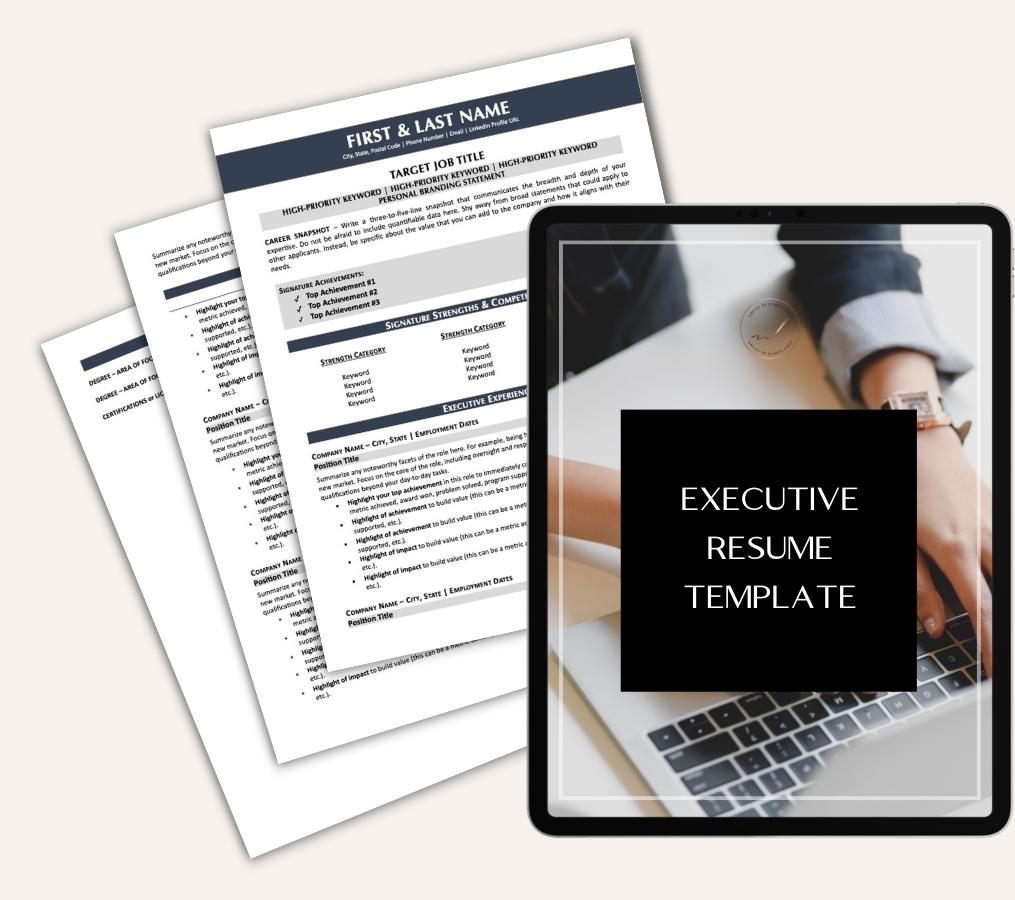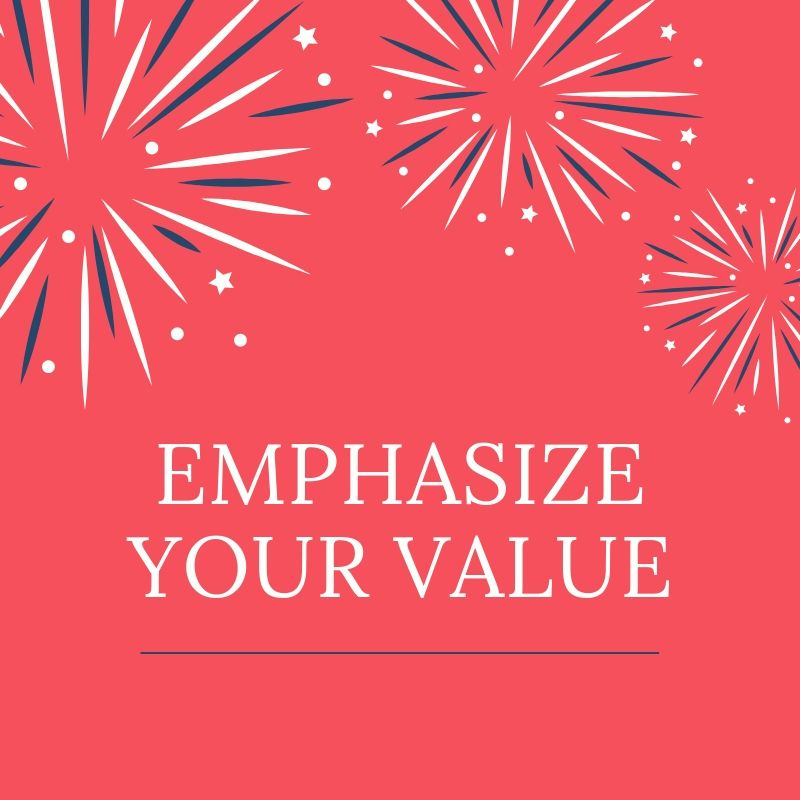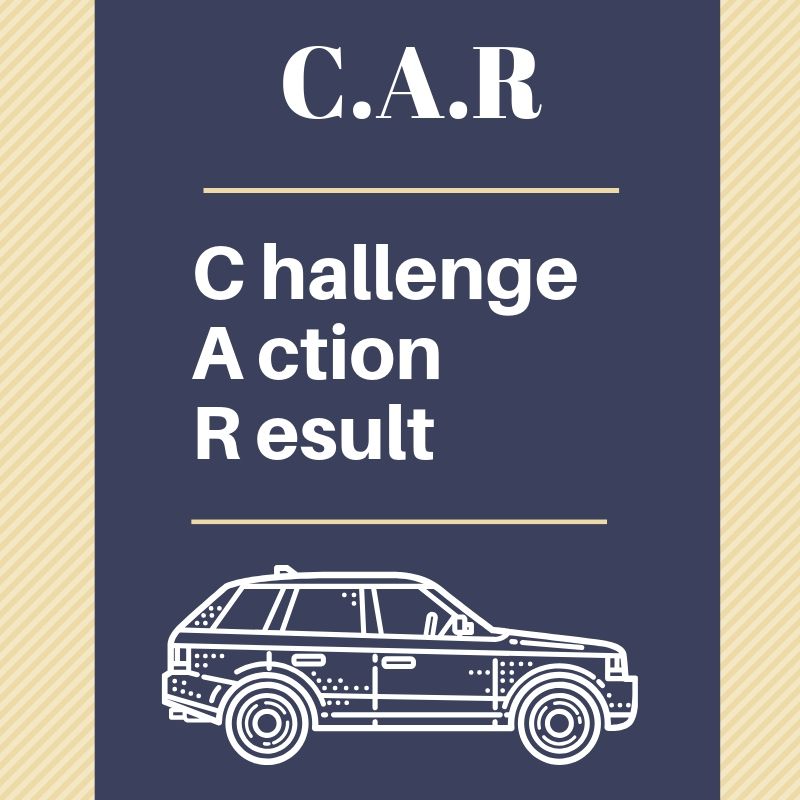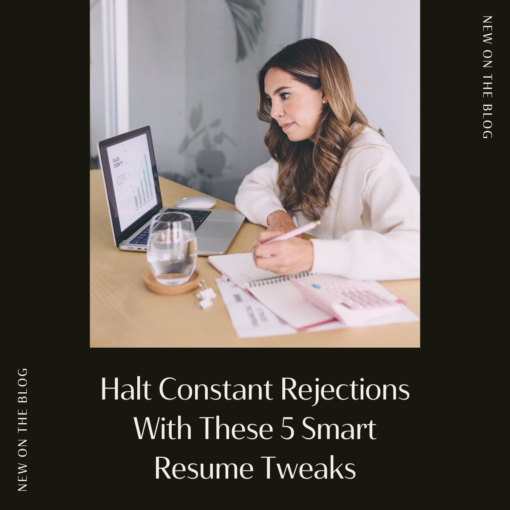Ultimate Guide To Writing An Executive Resume When You Don’t Have A College Degree
I understand it can feel stressful for executives when they’re trying to figure out how to write a resume with no college degree. Especially when they’re ready to make their next career move—or are being forced to make it. It can be worrisome when applying to jobs especially when so many recruiters and prospective employers are putting an incredible amount of emphasis on a college degree over relevant skills and years of experience. Many people, even those with an impressive work history, find themselves asking “How do you make your resume look good without a degree?”
Without a bachelor of arts or a bachelor of science, you might be worried about how you can impress potential employers. Guess what? Potential employers are beginning to figure out that an extensive educational background, a college degree, and a high gpa in many cases will not predict the ability of the person to perform well in the position.
Being an executive without a completed degree and just a high school diploma isn’t as uncommon as you may think, though. Many are top performers who have been with their organization for 10+ years and are ready to take on new challenges and opportunities. For example, I spoke with a gentleman recently who has held a multi-unit district manager position at a car title loan company for more than thirteen years. His role touches on business development, human resources, and finance, and now that the company is shrinking and downsizing he is worried about his prospects for making a lateral move or advancing without a college degree.
If you’re an executive without a degree and you want to pursue new opportunities you shouldn’t worry. There are some great ways you can focus your career successes and accomplishments that far outweigh a four-year degree and that will resonate with a potential employer. But how do you make your work experience outshine the resume education section? Here are some tips to help you in writing your resume so that you stand out as an applicant even without a completed college degree.
Emphasize Your Value to the Potential Employer
It’s true that if you are focused on job postings, it looks like it will be impossible to land an interview (let alone an executive position) without a four-year degree. But according to a survey through ResumeWriterDirect HR in 2014, 90% of HR managers said they would interview a candidate who is not a college graduate if they demonstrated “extensive, relevant work experience.”
The flip side of this is that you can’t assume your academic qualifications will land you a great job if you don’t have any real-world work experience to emphasize on an executive resume next to your educational and academic achievements.
Step 1: Research the Position and Industry
In order to convey your “extensive, relevant experience,” you need to know which skill set and experience are most prized by the employer for the type of position you are targeting. Reviewing job postings on Indeed is a good way to get started. Better yet, start by thinking about specific companies you are interested in and research their goals, challenges, social media presence—and of course, the specific role and position description you are interested in.
Step 2: Brainstorm Your Qualifications
Now that you have a clear picture of what your target company is looking for, you can start thinking about your relevant skills, work history and years of experience, and the specific accomplishments that speak to the experience and skill set desired.
Questions to ask yourself to capture all of your accomplishments:
1.) What are you most proud of in your current role?
2.) What would fall apart if you didn’t show up at work for a week?
3.) What challenges have you faced in this position?
4.) What improvements have you made across productivity, processes, cost savings, revenue, sales, culture, or technology?
5.) What do your colleagues, clients, employees, and/or supervisors praise you for?
Step 3: Writing an Executive Resume: Make Your Accomplishments Shine with Context and Numbers
Resume writers often rely on CAR stories, those that identify a particular Challenge, Action, and Result. You need to do the same when writing your resume.
For example, the GM of a luxury resort in the West Indies might not sound all that impressive if he told you he “restructured the resort to capture revenue growth.” But when using a CAR statement, the achievement is truly cast in the best possible light:
“Restructured stagnant resort operations, sales, and marketing—leading to two consecutive years of record revenue for organization in 2010 and 2011, with 2012 revenue pacing 17% ahead of the prior year.”
From this concise bullet, we can glean that as a senior executive he recognized that the systems in place were obsolete, he took action to overhaul existing operations, and quantifiable revenue gains resulted from his actions.
More CAR statement examples:
Business resource manager for Systems Nutritional Services, who saved money on hospital food without sacrificing quality:
“Identified acceptable low-cost, high-quality items realizing $200K in annual savings by designing and implementing blind-taste-testing system for objective product evaluation and selection.”
Corporate environmental health & safety director who enabled a successful facility audit:
“Prevented catastrophic facility audit failure with crucial vendor by negotiating for more time, overhauling existing processes, and procuring $45K in equipment in 1-month period, resulting in successful audit.”
Finance transformation manager who led a global team in a bank redesign project:
“Aligned 14-person multinational team in spite of cultural rifts by clarifying all rhetoric/terminology to avoid miscommunications. Ensured unified understanding of baseline problem and implementation goals, resulting in on-time implementation without budget overrun.”
As these resume samples demonstrate, you don’t always need numbers to show results. They certainly help to draw the eye and make the qualifications concrete and memorable, but if they are not available (or if they are confidential) it is still key to focus on the outcomes. In this example, the alignment of the global team and the completion of the implementation project within budget and on time are wonderful examples of the success of the manager.
Step 4: Tailor Your Executive Resume: Job Description
Once you have your major achievements on paper and crafted into concise CAR statements, you should have the bulk of your new professional resume content. Aiming for roughly three to five accomplishment bullets per position is a good benchmark.
You also want to provide details about the scope of the role you held by answering questions such as:
1.) How many direct/indirect reports do you have?
2.) What are your main responsibilities? (Think about functions, activities, projects, budgets, clients.)
3.) Have you led or played a role in any corporate transactions such as mergers, strategic alliances, or new market development initiatives?
4.) Do you participate in any leadership forums?
5.) What type of organization do you work for (start-up, Fortune 500, multinational)?
6.) What can these bullets say about your work ethic?
Step 5: Build a High-Impact Career Summary
Once you have your key accomplishments on paper and crafted into concise CAR statements, think about the top three to five achievements that differentiate you from other job seekers and that are the most relevant to your current job target. It is often easiest to craft the professional experience entries first and then step back and think about the big-picture personal brand that needs to come across in the Career Summary.
So often this section of the resume is focused on what someone “can do,” which tends to lead to vague, generic content that could easily be plopped onto someone else’s resume. For example:
“Accomplished pharmaceutical sales executive with track record of driving quota attainment and cohesive teams. Broad pharmaceutical and medical device product knowledge and strong network in healthcare industry.”
All of this may well be true, but the problem is that it could be true for roughly 99% of pharma salespeople. There is nothing concrete, specific, or memorable about it. In other words, it is wasting valuable space on a resume instead of engaging the reader and clarifying the job seeker’s value and personal brand.
A more dynamic and engaging career summary for a pharma salesperson could read like this:
“Sales leader and analytical innovator delivers sales growth of up to 45% YOY coupled with focused, motivational team leadership. Outperformed market share of top 5 U.S. competitors. Prevented XYZ Company default by securing multimillion-dollar contract (75% of business).”
If you were a hiring manager or recruiter presented with only these two small paragraphs, which door would you open?
Step 6: What Else Needs to Be Front and Center?
The Career Summary is a great place to mention other credentials and qualifications as well. Do you have any awards/honors relevant to your target job? What about licensures, certifications, publications, or speaking engagements? Generally, these are listed only in the Education section or an addendum, but they can be very impactful (when relevant), so consider dropping a line into the Career Summary or getting creative with formatting!
Are you tired of your resume being rejected by applicant tracking systems? I know how frustrating it is to submit your resume and receive no response. I hate seeing qualified people never breakthrough the screening process. It shouldn’t be that way. That’s why I created this guide and I encourage you to download the FREE PDF so you can start seeing better resume response rates!
Share this post:

About the author
Jessica Hernandez, President, CEO & Founder of Great Resumes Fast
Hi, I’m Jessica. I started this company back in 2008 after more than a decade directing hiring practices at Fortune 500 companies.
What started as a side hustle (before that was even a word!) helping friends of friends with their resumes has now grown into a company that serves hundreds of happy clients a year. But the personal touch? I’ve kept that.
You might have seen me featured as a resume expert in publications like Forbes, Fast Company, and Fortune. And in 2020, I was honored to be named as a LinkedIn Top Voice of the year!
I’m so glad you’re here, and I can’t wait to help you find your next perfect-fit position!
3 Comments
Leave a Comment
Improve Your Resume: Download Your Free Executive Resume Template Today
Are you struggling to create an executive resume that will impress employers? Download this free executive resume template and receive a series of 10 emails with expert guidance on how to write resume content that resonates with employers so you get more interviews.
It's everything you need to stand out, make an impression, and accelerate your job search.













[…] June 13, 2018June 13, 2018 By job-search-bot This post was originally published on this […]
Wonderful and unique article. As a career expert, I have never thought of a resume for people who do not have a college degree. Yes surely highlighting accomplishments and achievements will draw the interviewers attention rather than focusing on qualifications. Thanks for sharing such an informative post.
Soji Joseph
http://www.talentfore.com
Thank you very much for this article. It made me appreciate my contributions and achievements and I learnt how I could package it in a more improved way for my CV. Unfortunately the link to the Free PDF guide did not work, but you had given much material to work with. Thank you again – very much.